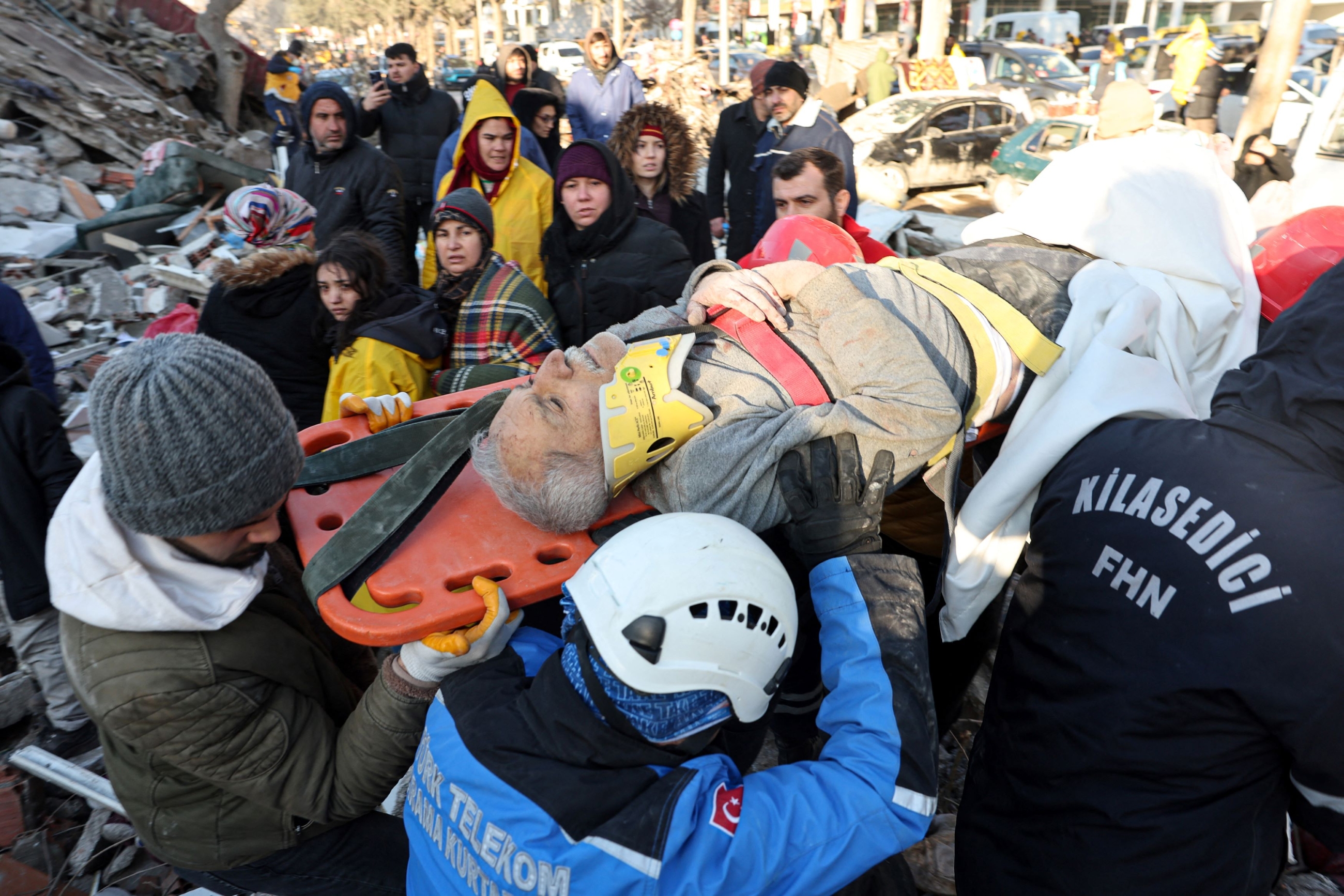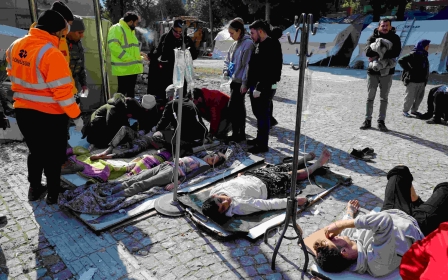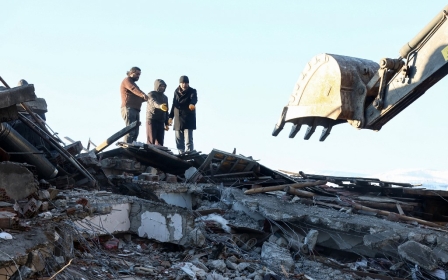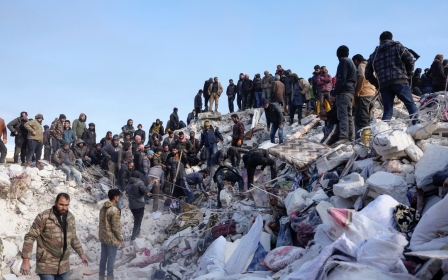Turkey earthquake: Twitter restricted across country, complicating rescue efforts

The Turkish government has imposed restrictions on Twitter across the country in the wake of Monday's earthquakes, provoking an outcry from campaigners that the move could hinder rescue efforts in the afflicted southeast.
Web monitoring site NetBlocks confirmed the move on Wednesday.
"Real-time network data show Twitter has been restricted in Turkey; the filtering is applied on major internet providers and comes as the public come to rely on the service in the aftermath of a series of deadly earthquakes," said the organisation in a tweet.
'This action simply adds a new layer to the already troubled situation and creates more problems for the victims and volunteers'
- Gurkan Ozturan, media campaigner
A number of users said their access to the site was completely blocked without a VPN, while others said their access had been severely slowed.
The move comes as search and rescue efforts have continued across Turkey and neighbouring Syria to find people still trapped under rubble in the wake of two deadly earthquakes.
New MEE newsletter: Jerusalem Dispatch
Sign up to get the latest insights and analysis on Israel-Palestine, alongside Turkey Unpacked and other MEE newsletters
The Turkish government regularly restricts Twitter access in the wake of disasters and incidents such as bomb attacks, supposedly as a means of countering disinformation.
In a speech on Tuesday, Turkish President Recep Tayyip Erdogan warned that he would not allow "disinformation" to spread in the wake of the earthquakes and called on Turks not to listen to "provocateurs".
On Wednesday Omer Fatih Sayan, Deputy Minister of Transport and Infrastructure, held a meeting with Twitter Head of Global Government Relations John Hughes and Twitter Turkey Director of Public Policy Ronan Costello.
The meeting discussed steps that can be taken against disinformation carried out on Twitter, as well as false reports, fake aid campaigns, fake accounts and false posts.
The ministry pointed out that Twitter carries a responsibility to combat disinformation that can lead to panic and chaos and Twitter management was reminded of its obligations under Turkish laws, and in particular active cooperation to prevent disinformation in social media.
However, campaigners responded by arguing that social media was one of the key tools in the ongoing rescue efforts.
Gurkan Ozturan, coordinator of Media Freedom Rapid Response at the European Centre for Press and Media Freedom, told Middle East Eye that the move would just create unnecessary problems.
"Social media in this whole process has been crucial to coordinate efforts to amplify voices of the victims from under the debris and for rescue teams to detect their location and offer support, as well as [helping] humanitarian and civil society organisations to raise donations," he said.
"This action simply adds a new layer to the already troubled situation and creates more problems for the victims and volunteers, as well as those who are trying to hear from their loved ones from the impacted cities."
He added that it would force those in the earthquake-impacted areas to use VPNs, which would "drain the batteries of the devices and waste the much-needed energy in an area of scarcity".
Middle East Eye delivers independent and unrivalled coverage and analysis of the Middle East, North Africa and beyond. To learn more about republishing this content and the associated fees, please fill out this form. More about MEE can be found here.




